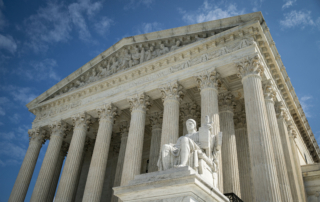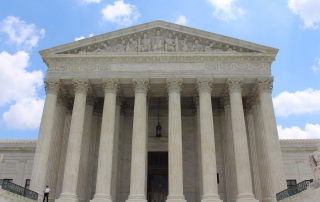Federal Courts Must Grant Requests for Stays Pending Arbitration
Last week, in Smith v. Spizzirri, the United States Supreme Court unanimously held that a federal court must grant a party’s request for a stay while arbitration is pending. In Spizzirri, a group of delivery drivers sued their current and former employers in Arizona state court. The plaintiffs alleged they were misclassified as independent contracts and were denied benefits. The defendants removed the case to federal court. The defendants also moved to compel arbitration and dismiss the suit.
Plaintiffs agreed their claims are arbitrable but argued the Federal Arbitration Act (FAA) only requires the court to stay, […]







